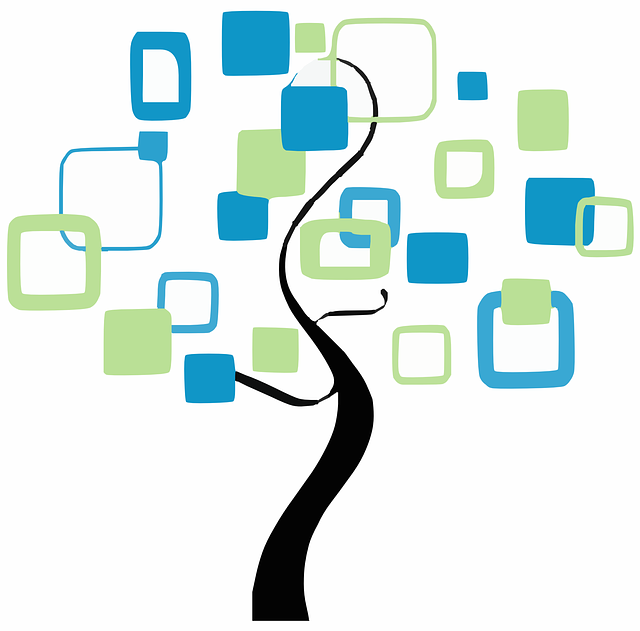The Modern Family Tree Search – A Quest To Discover Our Ancestry
Over a span of forty years, the quest to discover our ancestry has gone from being the awkward school family tree assignment to becoming an integral part of the social function. In fact, according to ABC news, this is the second most popular hobby in the US, preceded only by gardening.
The evidence in genealogy popularity is reflected by the US spin-off of the hugely successful UK series Who Do You Think You Are? as well as the insatiable hunger with which the media delved into former President Barack Obama’s heritage during and post 2008 presidential campaign.
 ‘Family tree' – Pixabay
‘Family tree' – PixabayThe catalyst of awakening
This journey of self-knowledge is a tale of religion and necessity married with evolution. In the past and long before the digital age, the only way you could track your lineage was via patriarchs listing names and birthdates in family Bibles, which were passed along generationally.
However, this presented the challenge of never listed unbaptized family members, therefore, making it that much harder to find them. Alternatively, people sometimes utilized passenger lists, such as the Mayflower’s mid-1600’s list written by Gov. William Bradford.
Time Magazine cites celebrated author Alex Haley as having started an ancestry revolution with his bestseller Roots in 1976, a story that explored its protagonist’s African-American history and the power of learning where you come from. Author Gregory Rodriguez summed it up squarely when he wrote: “No one knew it at the time, but Haley’s best seller — and the blockbuster television miniseries that aired a year later — were the beginnings of a genealogy craze that would sweep the nation.”
Immigrants from all over the world who had assimilated to the Land of the Free and had previously lost touch with their roots could now find their people, culture, and history in ways they had never dreamed of before.
With the onset of the internet in the 1990s, researchers and historians collated their findings into hugely popular online databases. This digital revolution took what was once seen as a pastime of affluent Americans, the elite tracing their pedigree, and turned the art of genealogy into a hobby for all Americans longing to explore their roots.
DNA testing
The ancestry trade is changing once again with the onset of consumer market DNA testing via online sites. Testing your ethnicity, exploring your roots, and plotting your ancestors’ migration path is now easily and successfully done via sites like Ancestry and 23 and Me, both of which have been included in the best online reviews for their intuitive guiding interface and accuracy.
Arguably, the launch of over-the-counter DNA testing in 2014 felt like the futuristic leap from sci-fi movies. It was during this time that millions of Americans saw the explorative possibilities for tracing their genealogy in the comfort of their own homes with a simple starter kit, deepening the social curiosity of personal heritage.
The curiosity of each generation
The numbers speak for themselves, with more than ninety million family trees have since been created on Ancestry alone and millions of viewers of Who Do You Think You Are? tuning into the hugely popular show in the hopes of discovering long-lost relatives.
With the technology, expertise and time availability, shouldn’t you consider exploring your roots too?
839GYLCCC1992


 ‘DNA' –
‘DNA' – 
Leave a Reply